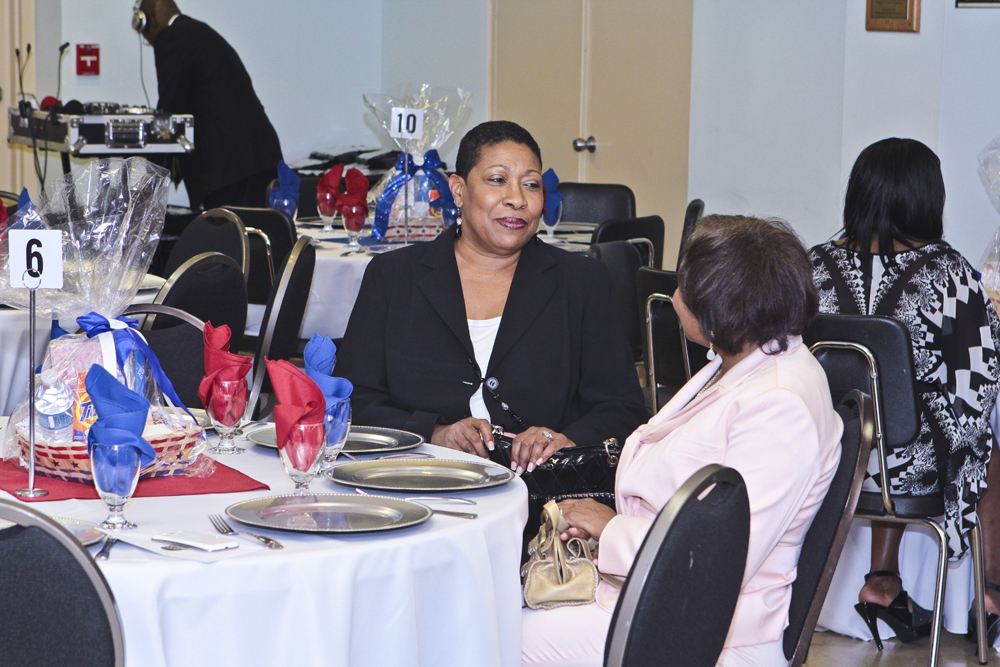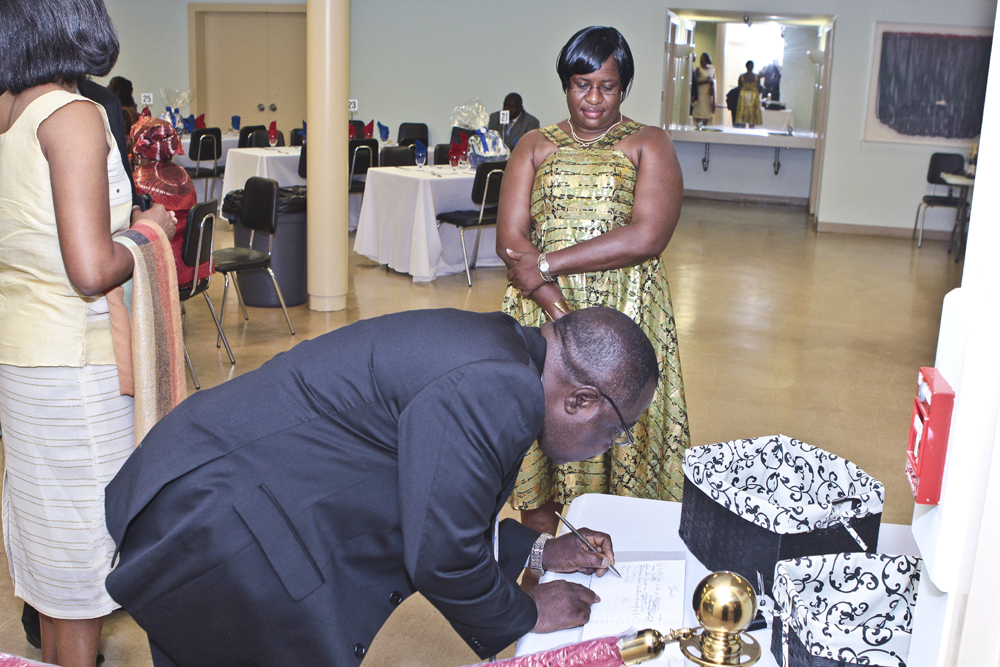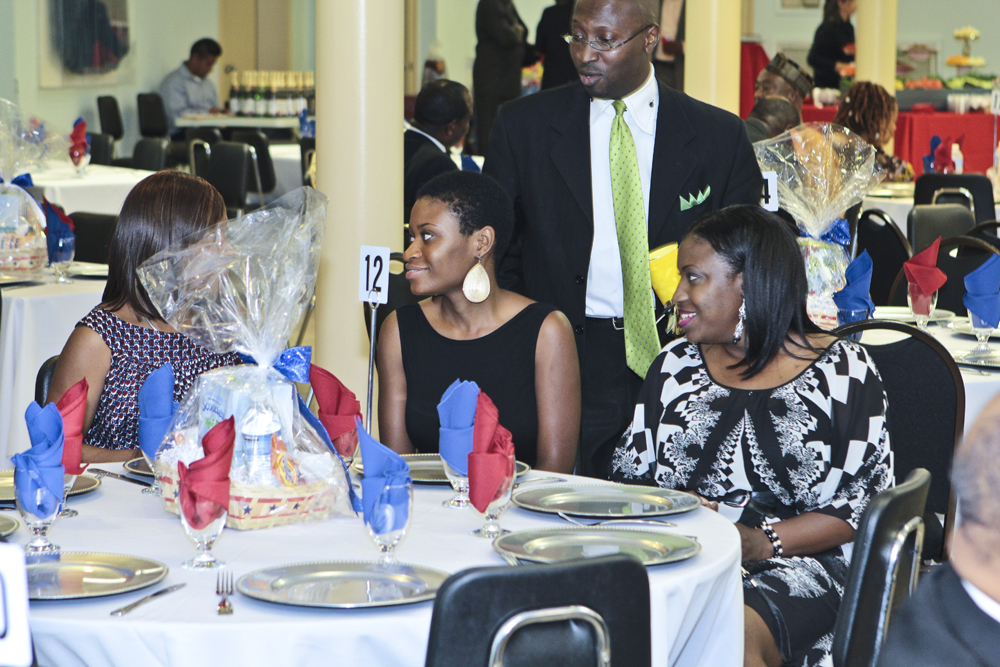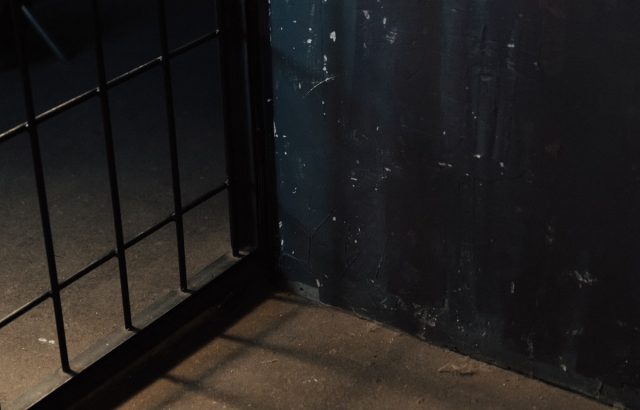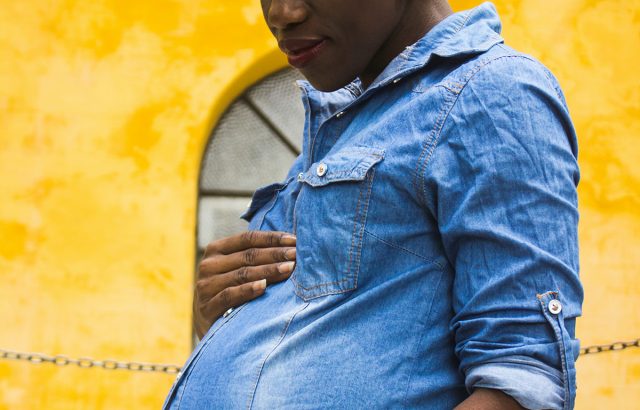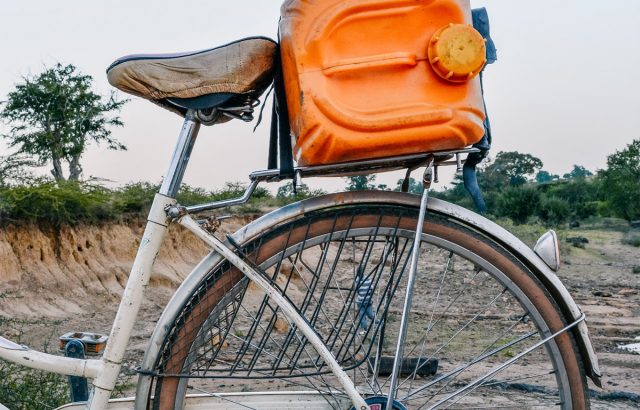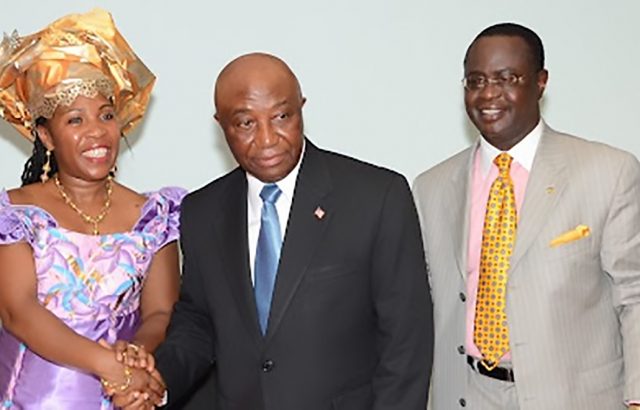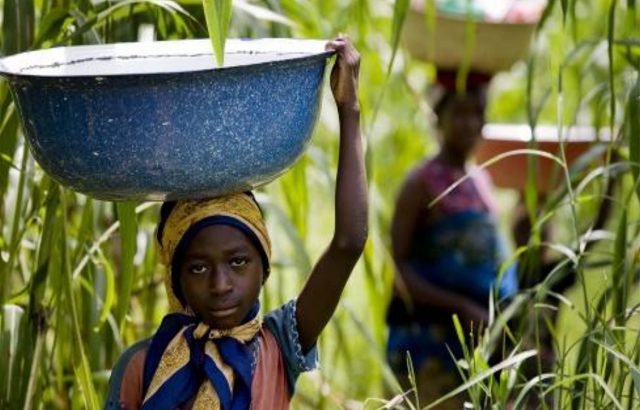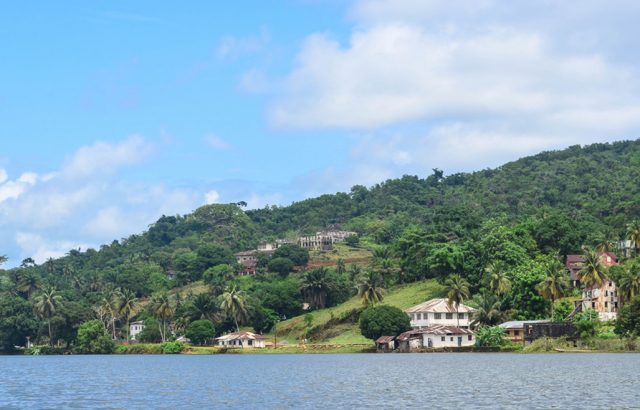About GSF Foundation
Introduction
The Gayah and Semera Fahnbulleh Foundation (GSF Foundation) is poised to launch a campaign across communities in rural Liberia by linking healthy and productive living with accessibility to safe and clean water, good sanitation and overall hygiene.
Furthermore, the foundation will also focus on a number of key areas to help improve and shed light on some of the difficulties and challenges of these vulnerable communities. We are committed to these goals through education, programs, fundraising and workshops.
Our Mission
The GSF Foundation is determined to contribute positively to the improvement of life in Monrovia and rural communities by establishing sustainable, community oriented projects, beginning with the installation of hand pumps and public toilet facilities in towns and villages throughout Liberia. Establishing educational workshops and seeking funding and fundraising goals in our efforts to provide and supply key equipment and structural assistance in the aide of our goals.

Helping Rural Communities
Our Services
- Feed & Clothes for less Fortunate Children across Rural Communities and Slums in Liberia.
- Provide Scholarships, Books & Supplies, Create Libraries, Computer and Science Labs for students K – 12, Establish recreation facilities and Encourage Cultural Diversity.
- Promote Drug Awareness & Prevention in Schools; establish After School and Tutorial Programs as well as provide Sporting Goods & Encourage Sports in Schools & Community Slums.
- Build Hand Pumps & Toilets; Promote Good Sanitation & Overall Hygiene in Schools, Poor Communities and Slums by linking healthy & productive living – with accessibility to safe and clean drinking water.
- Address Gender-Based Violence through Education Awareness of Women’s Rights and Gender Equality, and Access to Justice for Victims.
- Establishing Rural & Mobile Clinics and outfitting them with medical equipment and supplies.
- Providing Emergency Services Vehicles such as: Ambulances, Firetrucks, Police Cars and Buses.
Liberia‘s newly approved water and sanitation policy states that ‘water is life‘ and ‘sanitation is dignity‘
How Can You Help?
Donate
The GSF Foundation has ascertained through its ongoing research that there are simple solutions to saving millions of lives in Liberia as regards to clean water and the creation of sanitary environments. These include the erection of water wells, water pumps, community pit latrines and extensive common sense education regarding sanitation. You can help to save lives in Liberia and prevent an epidemic by supporting this endeavor financially. 100% of your donation will directly go to the funding of water and sanitation projects in Liberia.
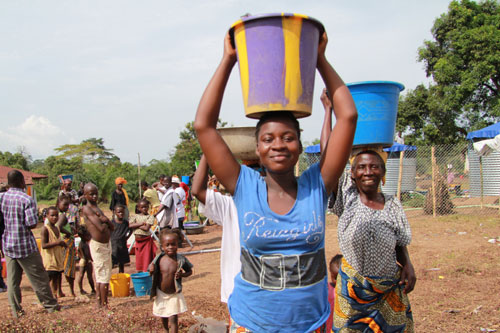
Featured Video
Gayah & Semera Fahnbulleh Foundation Documentary
Featured Video
GSF feeding Popo Beach Slum School, New Kru Town
Featured Program
About World Toilet Day
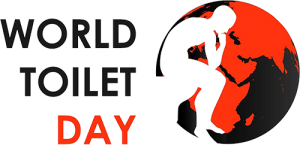
The Sanitation Crisis
Toilets save lives, because human waste spreads killer diseases. World Toilet Day is about inspiring action to tackle the global sanitation crisis. The world is not on track to reach Sustainable Development Goal 6 (SDG 6): to ensure availability and sustainable management of sanitation and water for all by 2030.
Today, 4.5 billion live without a safe toilet and 892 million people still practise open defecation.
The impact of exposure to human faeces on this scale has a devastating impact upon public health, living and working conditions, nutrition, education and economic productivity across the world.
SDG 6 aims to ensure that everyone has a safe toilet and that no-one practices open defecation by 2030. Failure to achieve this goal risks the entire 2030 Agenda for Sustainable Development.
Global Sanitation crisis facts:
The global sanitation crisis is reflected in the following facts, according to reports from the World Health Organization (WHO) and the United Nations Children’s Fund (UNICEF):

